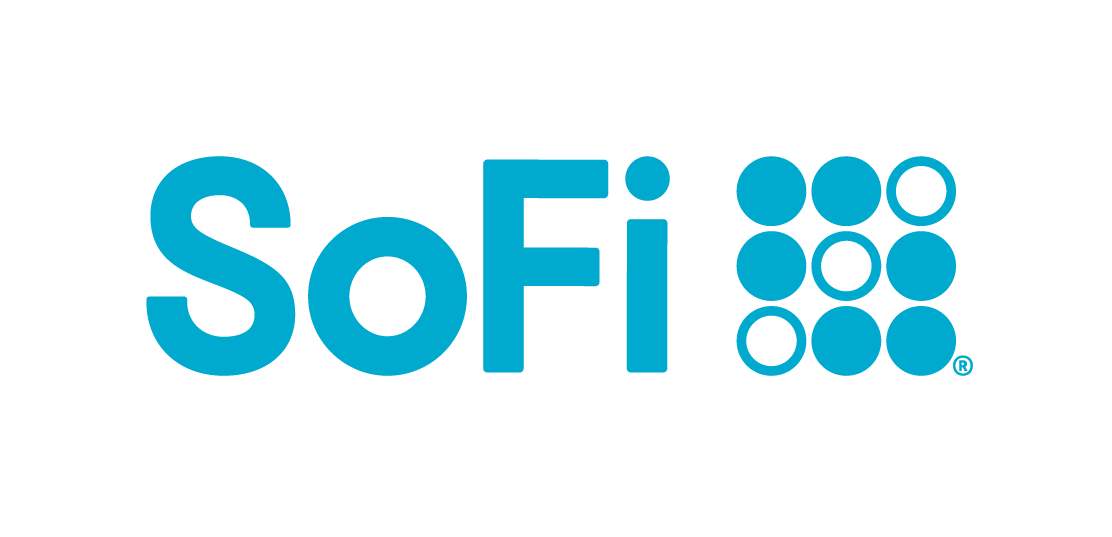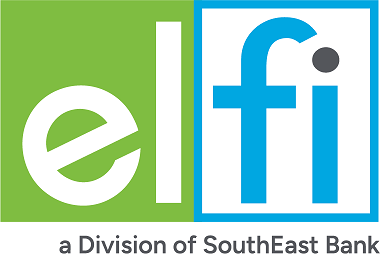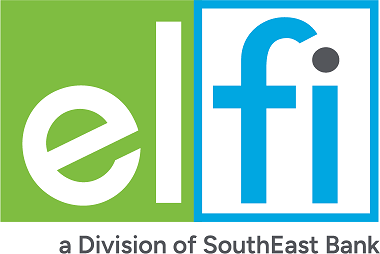Health professions student loans are federal loans with low interest rates, created for students pursuing specific health-related degrees. These loans are need-based, have borrowing limits, and might include service requirements.
Who is Eligible for a Health Professions Student Loan?
In general Health Professions Student Loans are available to U.S. citizens or permanent residents with demonstrated financial need pursuing a health professions degree at a participating school.
Student Loans for Health Professions Students
The Health Resources and Services Administration (HRSA) of the U.S. Department of Health and Human Services (HHS) offers student loans to health professions students as a means of encouraging health care in underserved communities. The four student loan programs for health professions students include:
- Health Professions Student Loan (HPSL)
- Nursing Student Loans/Nursing School Loans (NSL)
- HRSA Primary Care Loans (PCL)
- Loans for Disadvantaged Students (LDS)
Health Professions Student Loans (HPSL)
Part- or full-time students pursuing one of the following degrees are eligible for a health professions student loan:
- Doctorate in dentistry
- Doctorate in optometry
- Doctorate in veterinary medicine
- Doctorate in podiatric medicine
- Doctorate (or baccalaureate) in pharmacy
Nursing Student Loans/Nursing School Loans
Nursing Student Loans are available to students pursuing the following nursing degrees full-time:
- Associate's
- Bachelor's
- Master's
HRSA Primary Care Loans (PCL)
Primary Care Loans are available to full-time students pursuing one of these two doctoral degrees:
- Allopathic medicine
- Osteopathic medicine
PCL borrowers must (1) complete residency training in primary care (e.g., family medicine, pediatrics, geriatrics, public health, preventive medicine and sports medicine) within four years of graduation and work as a primary care physician for the life of the loan or for 10 years (including the residency), whichever is less.
Loans for Disadvantaged Students
Full-time students from a disadvantaged background who are pursuing the following degrees are eligible for an LDS loan:
- Doctorate in allopathic medicine
- Doctorate in osteopathic medicine
- Doctorate in dentistry
- Doctorate in optometry
- Doctorate in veterinary medicine
- Doctorate in podiatric medicine
- Doctorate (or baccalaureate) in pharmacy
What Makes HRSA Loans Different
Health Professions Student Loans offered by the Health Resources and Services Administration (HRSA) are different from other loans for a number of reasons. One major difference is that unlike federal loans which are offered by the U.S. Department of Education (ED), these loans are offered by the HRSA of the U.S. Department of Health and Human Services (HHS). In addition, HRSA loans have certain requirements you must meet.
HRSA Service Requirement
When repaying a loan, the borrower must meet specific requirements. For instance, those who received PCL loans on or after March 23, 2010, are obligated to provide primary care for a minimum of 10 years (including residency training) or until the loan is repaid in full, whichever comes first. It's worth noting that the 10-year limit does not apply to PCL loans obtained before March 23, 2010.
HRSA Need-Based Requirement
Eligibility for these loans is based on demonstrated financial need. The determination of financial need may include consideration of parental financial information, even if the student is considered independent according to the criteria set forth on the Free Application for Federal Student Aid (FAFSA®).
HRSA Citizenship Requirement
Borrowers must be U.S. citizens, nationals or permanent residents. Male students must also have registered with the Selective Service System.
HRSA Loan Limits
Loan amounts are determined by participating schools. Loan limits for the HPSL, LDS and PCL are generally capped at the school’s cost of attendance, but may exceed the cost of attendance during the third and fourth years of medical school for the purpose of paying off the balances of loans with less favorable terms from other sources.
The annual loan limit for NSL is $3,300, except during the last two years of the nursing program when the annual loan limit increases to $5,200, and the cumulative loan limit is $17,000.
Interest Rate on HRSA Loan
The current interest rate is 5%. The interest rate increases to 7%* if the borrower is noncompliant with the service requirements. Interest does not accrue during the in-school and grace periods, but does accrue during forbearances and renegotiated repayment schedules.
*Previously, the penalty interest rate was 18%.
HRSA Fees
Schools may charge an insurance premium of up to 0.6 percent of the amount disbursed to cover the institutional share of the cost of death and disability discharges. There is a late payment fee of up to 6 percent of the amount of a late payment. A payment is considered to be delinquent if it is not made within 60 days of the due date.
HRSA Grace Periods
HPSL, PCL and LDS have a 12-month grace period after the student graduates or drops below full-time enrollment status. The grace period for NSL is 9 months. On the other hand, the grace period for federal student loans and most private student loans is typically 6 months.
HRSA Repayment Terms
The repayment term for HPSL, PCL and LDS is 10 to 25 years, at the discretion of the school. The repayment term for NSL is 10 years.
HRSA Minimum Monthly Payment
The minimum monthly payment is $40. Depending on your loan amount, this may result in a shorter repayment term than the one allowed by your school or the NSL 10-year term.
HRSA Deferments
Payments for advanced professional training, including internships and residencies, can be deferred. There are different time limits for deferral depending on the type of loan. For HPSL or LDS loans, deferral is unlimited. For NSL loans, deferral is limited to 10 years. Other eligible reasons for deferment include active duty service in the U.S. Armed Forces, National Oceanic and Atmospheric Administration (NOAA) Corps and U.S. Public Health Service Commissioned Corps (3 years), Peace Corps volunteer service (3 years), fellowship training programs (2 years for HPSL and LDS loans), and educational leave of absence from health professions school such as a joint-degree program (2 years for HPSL and LDS loans). During deferment periods, no interest will accrue. Borrowers must apply for deferments in one-year increments.
HRSA Forbearance
Forbearances are available for extraordinary circumstances that have a short-term impact on the borrower’s ability to repay the debt, such as unemployment, illness and natural disasters. Interest continues to accrue during forbearances and the borrower is required to pay at least the new interest that accrues. Payments toward the principal balance of the loan are suspended for the duration of the forbearance.
HRSA Renegotiation
Renegotiation provides borrowers who are encountering financial difficulty with a different repayment schedule. The obligation to make payments toward principal and interest is not suspended during a renegotiated repayment schedule.
HRSA Discharges
Loans are canceled if the borrower dies or becomes totally and permanently disabled.
HRSA Prepayment Penalties
None. Borrowers may prepay the loan in-full or in-part at any time.
HRSA Consolidation Options
PCL may not be included in a federal consolidation loan, due to the service requirements. HPSL, NSL and LDS may be included in a federal consolidation loan at the option of the lender.
How to Apply for a HRSA Student Loan
To apply for a HRSA student loan, you should do the following:
- Complete the FAFSA - Schools require your parents' financial information (barring death) for you to quality for an HPSL, so be sure to include that no matter your dependency status.
- Contact your school's financial aid office - While many schools use the FAFSA to determine eligibility, you may have to fill out additional forms depending on your school's process.
- Read your financial aid award letter - Your financial aid award letter will detail the financial aid you're eligible for, including any Health Professions Student Loans (if applicable).
HRSA Loan Repayment
Health professionals may be able to be able to repay a portion of their HRSA loans with one of the following HRSA Loan repayment programs:
National Health Service Corps (NHSC) Loan Repayment Program
If you are a licensed primary care clinician and willing to work in a designated Health Professional Shortage Area (HPSA) for at least two years, you could receive money toward your loan repayment.
NHSC Substance Use Disorder Workforce Loan Repayment Program
This program was launched to help combat the country’s opioid crisis. For health professionals willing to work in underserved areas, loan repayment awards are available.
NHSC Rural Community Loan Repayment Program
The Federal Office of Rural Health Policy (FORHP) finances this program in coordination with NHSC to help provide prevention, treatment, and recovery of opioid use in rural communities. If you are a medical, mental or behavioral health care worker you could be eligible.
NHSC Students to Service Loan Repayment Program
Students in their last year of medical or dental school are encouraged to apply to this program which seeks a three (3) year commitment of service in a Health Professional Shortage Area (HPSA).
Faculty Loan Repayment Program (FLRP)
For individuals interested in becoming a faculty member at a health professions school, there could be up to $40,000 in loan repayment assistance available.
Federal Direct Stafford and PLUS Loans for Health Professions
Under the federal student aid programs, borrowers enrolled in health profession programs are eligible for loans under the federal Direct Loan program. The types of loans you are eligible for include:
- Direct Stafford Loans
- Direct Subsidized Stafford Loans for students enrolled in undergraduate programs.
- Direct Unsubsidized Stafford Loans for students enrolled in either undergraduate or graduate programs.
- Direct PLUS Loans
- An option for parents who want to borrow a loan to help pay for their dependent child’s undergraduate program.
- A Grad PLUS loan option for students enrolled in graduate or professional school.
Increased Loan Limits for Health Profession Students
Health profession students may be eligible for higher Direct Unsubsidized Loan limits at certain eligible institutions. Students eligible for these loan limits may borrow up to $40,500 per year in Direct Unsubsidized Loans. However, it’s best to discuss your additional loan eligibility for your school.
Private Student Loans for Health Professions
Students pursuing health professions degrees may need private student loans to cover the cost of earning them. Aspiring health professional students may benefit from the competitive interest rates and flexible repayment plans offered by private lenders.
Student Loans for Medical School
Most people will have to take out loans to pay for medical school, but there are several ways that prospective and current students can help minimize their debt and repay smarter. There are a plethora of scholarships and fellowships available to medical school students, repayment plans doctors can exercise, and more. And if you’re looking for more tips, check out our article on How to Pay for Medical School.
Student Loans for Dental School
Many private lenders offer student loans for dental school that can help cover the costs of tuition, books, fees, etc. Dental students may also be interested in dental residency and relocation loans, to help with costs associated with residency and relocation after dental school. And if you’re looking for more tips, check out our article on Dental Residency and Relocation Loans.
Student Loans for Nursing School
With the increased need for nurses, the interest in student loans for nursing school has followed suit. There are several programs geared to help aspiring nurses join the frontlines and do so without taking on too much debt. There are also plenty of private student loan lenders who are willing to fill those funding gaps for these healthcare workers. And if you’re looking for more tips, check out our article on How to Pay for Nursing School.
Keep Reading
How to Pay for Pharmacy School
Medical Residency and Relocation Loans
Dental Residency and Relocation Loans





















